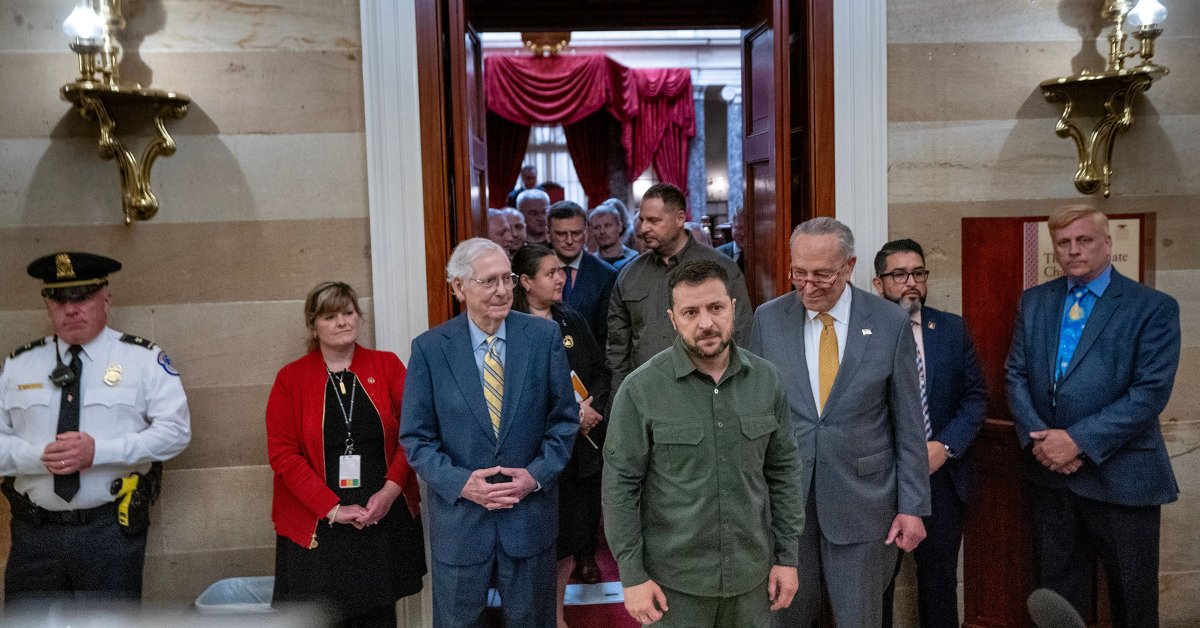Russian attacks on Ukrainian infrastructure have damaged power stations and parts of the electricity grid, leaving it potentially unable to meet spikes in demand when the temperature drops. Three of the senior officials in charge of dealing with this problem told me blackouts would likely be more severe this winter, and the public reaction in Ukraine would not be as forgiving. “Last year people blamed the Russians,” one of them says. “This time they’ll blame us for not doing enough to prepare.”
The cold will also make military advances more difficult, locking down the front lines at least until the spring. But Zelensky has refused to accept that. “Freezing the war, to me, means losing it,” he says. Before the winter sets in, his aides warned me to expect major changes in their military strategy and a major shake-up in the President’s team. At least one minister would need to be fired, along with a senior general in
charge of the counteroffensive,they said, to ensure accountability for Ukraine’s
slow progress at the front. “We’re not moving forward,” says one of Zelensky’s close aides. Some front-line commanders, he continues, have begun refusing orders to advance, even when they came directly from the office of the President. “They just want to sit in the trenches and hold the line,” he says. “But we can’t win a war that way.”
When I raised these claims with a senior military officer, he said that some commanders have little choice in second-guessing orders from the top. At one point in early October, he said, the political leadership in Kyiv
demanded an operationto “retake” the city of Horlivka, a strategic outpost in eastern Ukraine that the Russians have held and fiercely defended for nearly a decade. The answer came back in the form of a question: With what? “They don’t have the men or the weapons,” says the officer. “Where are the weapons? Where is the artillery? Where are the new recruits?”
In some branches of the military, the shortage of personnel has become even more dire than the deficit in arms and ammunition. One of Zelensky’s close aides tells me that even if the U.S. and its allies come through with all the weapons they have pledged, “we don’t have the men to use them.”
Since the start of the invasion, Ukraine has refused to release official counts of dead and wounded. But according to U.S. and European estimates, the toll has long surpassed 100,000 on each side of the war. It has eroded the ranks of Ukraine’s armed forces so badly that draft offices have been forced to call up ever older personnel, raising the average age of a soldier in Ukraine to around 43 years. “They’re grown men now, and they aren’t that healthy to begin with,” says the close aide to Zelensky. “This is Ukraine. Not Scandinavia.”



